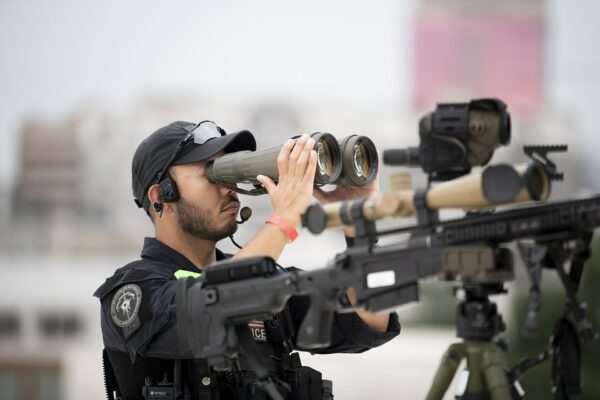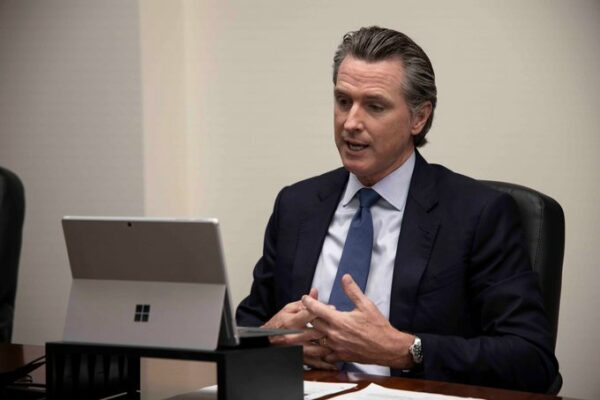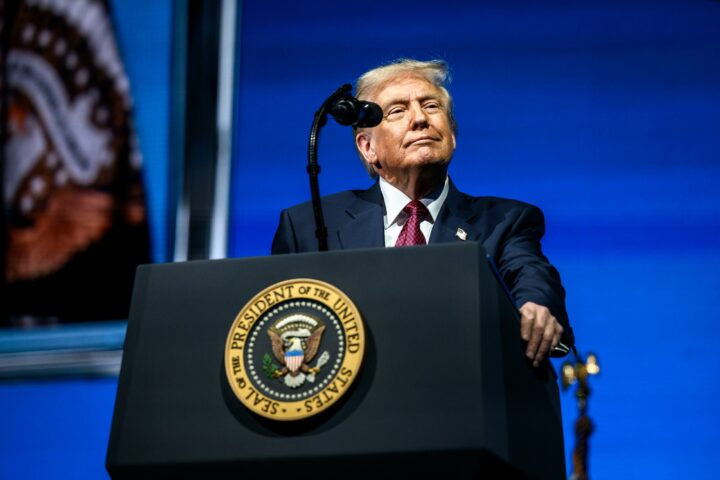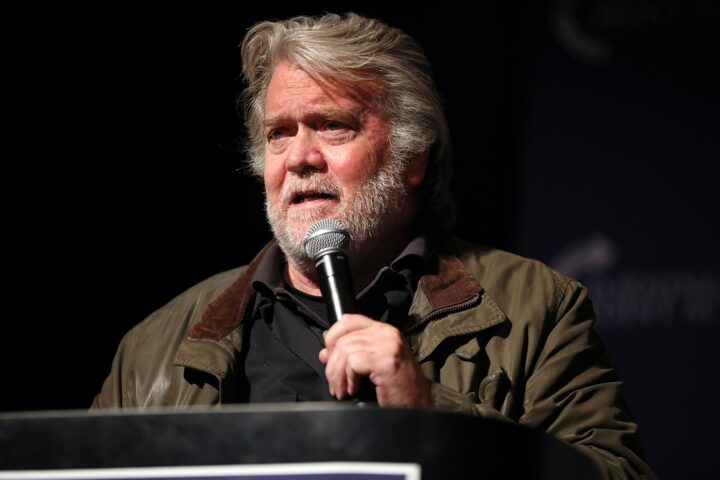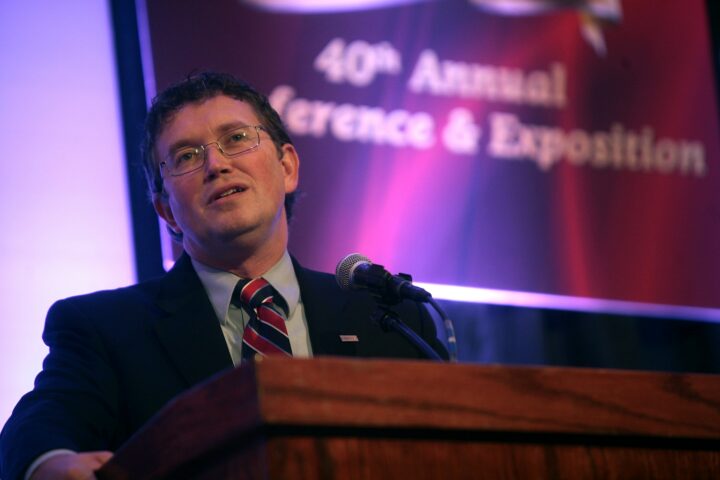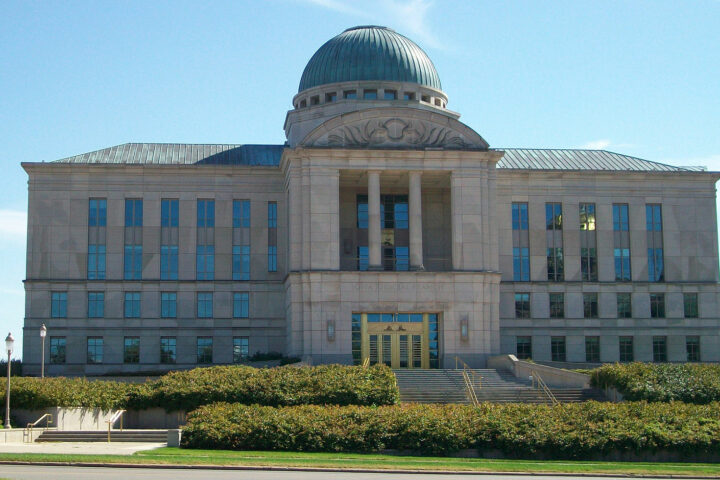The U.S. Secret Service reportedly revealed Tuesday that it had uncovered and dismantled a clandestine telecommunications network that investigators warned could have crippled New York City’s emergency systems during one of its most sensitive weeks of the year.
Agents seized more than 300 SIM servers containing more than 100,000 SIM cards at sites located within 35 miles of United Nations headquarters in Manhattan, just as foreign leaders began arriving for the 80th UN General Assembly.
Officials said the system had the capacity to jam 911 calls, disable cell connectivity, and overwhelm networks—threats that could have coincided with the arrival of presidents, prime ministers, and diplomats from across the globe.
“It can’t be understated what this system is capable of doing,” Matt McCool, head of the Secret Service’s New York field office, told The New York Times. “It can take down cell towers. You can’t text message, you can’t use your cell phone. And if you coupled that with some sort of other event associated with UNGA … it could be catastrophic to the city.”
Although investigators said no specific plot against the General Assembly was uncovered, forensic analysis suggested the system may have already been exploited to mask communications with cartels and terrorist organizations.
That possibility has amplified concerns that such networks may not only be an abstract vulnerability but an active tool for criminal and extremist actors.
“The U.S. Secret Service’s protective mission is all about prevention,” agency director Sean Curran said. He added that similar networks “may still be operating elsewhere,” underscoring that the threat is neither isolated nor fully resolved.
The revelation comes at a time when many Americans are already concerned about national security lapses—from border vulnerabilities to escalating international crises.
The idea that a network capable of paralyzing 911 and cellular service could be hidden in plain sight near the United Nations is likely to fuel questions about preparedness and enforcement.
For conservatives, the news highlights a broader concern: that while Washington often devotes immense resources to symbolic diplomacy and global summits, the underlying vulnerabilities here at home too often go unaddressed until a crisis looms. The capability of criminal groups—or foreign adversaries—to shut down emergency communications in America’s largest city speaks to gaps that many argue should have been closed long ago.
The dismantling of the network is, in that view, not only a success but also a warning. Had the system been activated during the General Assembly, when New York’s streets are already gridlocked and its resources strained, the results could have been devastating.
For the moment, the Secret Service insists its swift action neutralized the danger. Yet as Director Curran’s remarks suggest, the discovery raises as many questions as it answers—chiefly how many more such networks may still exist, and whether America’s security apparatus is moving quickly enough to stay ahead of them.
[READ MORE: Alleged Trump Assassin Only Calls Three Witnesses]

